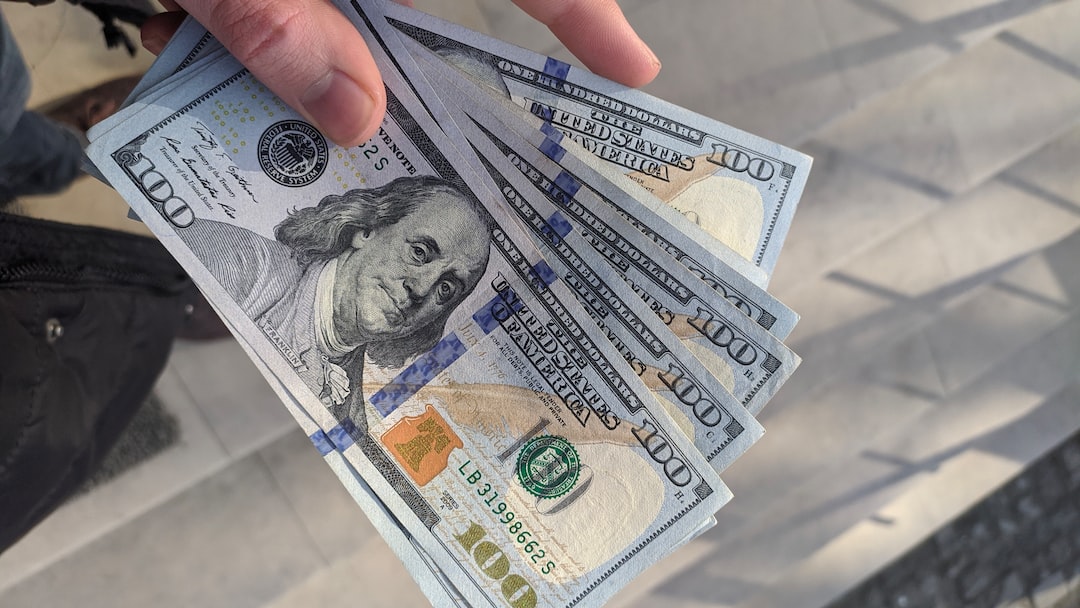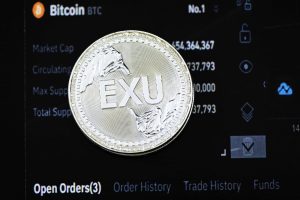Forex trading, also known as foreign exchange trading or currency trading, is the buying and selling of currencies on the foreign exchange market. Forex trading is the largest and most liquid financial market in the world, with an average daily trading volume of over $5 trillion.
The foreign exchange market is decentralized, meaning that there is no central exchange. Instead, forex trading takes place over-the-counter (OTC) through a network of banks, brokers, and other financial institutions. This network allows for 24-hour trading, five days a week, across different time zones.
Forex trading involves the exchange of one currency for another at an agreed-upon exchange rate. For example, if a trader believes that the euro will appreciate against the US dollar, they may buy euros with US dollars at the current exchange rate. If the euro does increase in value, the trader can then sell the euros for a profit.
Traders use various strategies and techniques to analyze the forex market and make informed trading decisions. One popular method is technical analysis, which involves analyzing charts and using indicators to identify trends and potential trading opportunities. Another method is fundamental analysis, which involves analyzing economic and political events that may affect currency values.
Forex trading is highly leveraged, meaning that traders can control large positions with relatively small amounts of capital. This can result in significant gains, but it also increases the risk of significant losses. Traders must carefully manage their risk by using stop-loss orders and other risk management techniques.
Forex trading offers several advantages over other forms of trading. For one, it is highly accessible, as traders can enter and exit the market at any time. Additionally, the forex market is highly liquid, meaning that traders can easily buy and sell currencies without impacting the market price. Finally, forex trading offers the potential for significant profits, as traders can take advantage of the fluctuations in currency prices.
However, forex trading also comes with several risks. The high leverage involved in forex trading means that traders can lose more than their initial investment. Additionally, the forex market is highly volatile and can be influenced by a wide range of economic and political factors. Traders must be prepared for unexpected events that may impact currency values.
In conclusion, forex trading is a complex and dynamic financial market that involves the buying and selling of currencies. Traders use various strategies and techniques to analyze the market and make informed trading decisions. While forex trading offers the potential for significant profits, it also comes with significant risks. Traders must carefully manage their risk and be prepared for unexpected events that may impact currency values.






